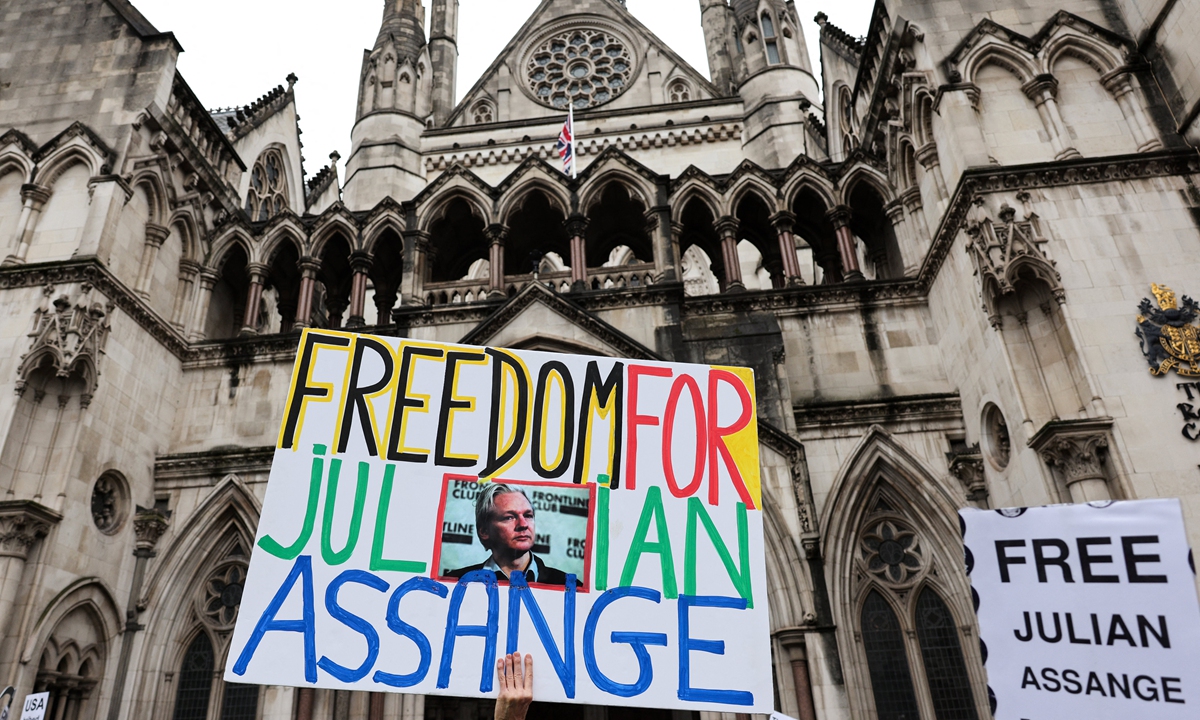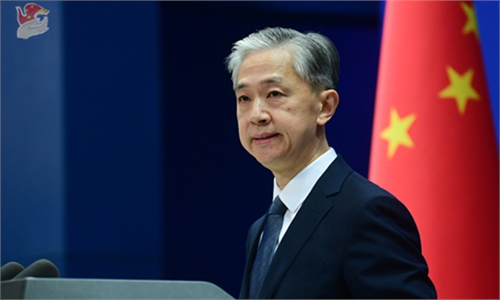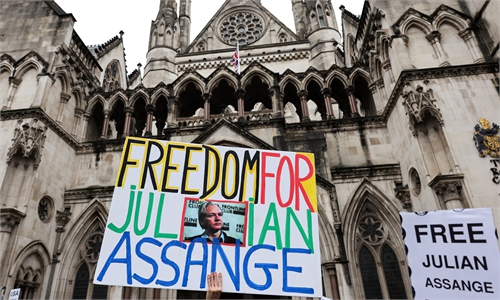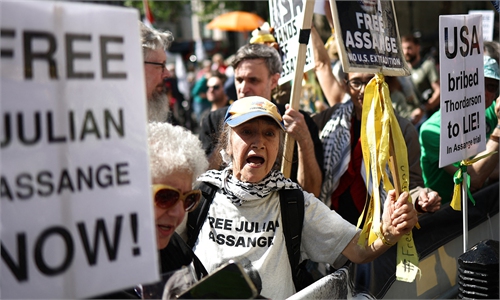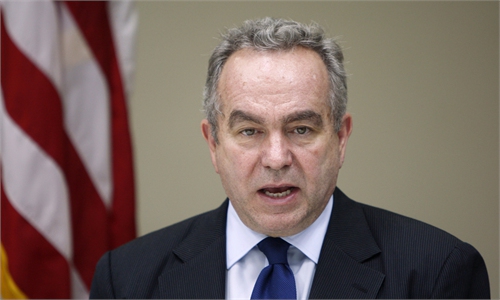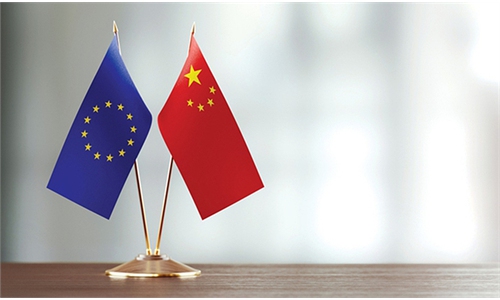
It was the worst ranking on record as the lowest score was 32 in 2022 based on the available data since 1997.
The country’s ranking also slipped four rungs to 10 out of 14 countries in the Asia-Pacific region, making it the first time that Malaysia had ranked lower than Thailand (25 from 30 in 2023) and Indonesia (27 from 34 in 2023).
We must view the slip rationally and identify areas for improvement in order to undertake necessary actions for improvement.
Prime Minister Datuk Seri Anwar Ibrahim had remarked: “We take an open approach and if there is constructive criticism to improve, we will do it. We will not take a too defensive stand if there are weaknesses that could be improved.”
From 1997 to 2024, it was observed that our country’s ranking had declined 14 times, went up 13 times while one time remained unchanged.
On a long-term trend analysis, Malaysia’s competitiveness ranking had been slipping since 2010
Our ranking had dropped by nine notches to 28 in 1999, 10 notches to 26 in 2005, six notches to 16 in 2011, 12 notches over four years to 24 in 2017.
In 2020, the ranking had declined by five notches to 27, and dropped by seven notches to 32 in 2022 from 25 in 2021 (see chart).
The highest ranking on record was 10 in 2010. Since then, it was hovering between 12 and 19 from 2012 to 2016, before slipping lower to between 22 and 34 from 2017 to 2024.
The government has eight years to achieve top 12 in the Global Competitiveness Index, one of the seven key performance indicators targeted under the Madani Economy Framework.
We have to analyse objectively the factors and components attributing to the competitiveness trends, and identify areas for improvement. Policymakers must use the findings of this report to benchmark progress, stimulate policy debate and identify potential challenges.
On the competitiveness landscape, the ranking for “government efficiency” dropped by four notches to 33 in 2024 from 29 in 2023, reflecting largely a drop in business legislation (to 50 in 2024 from 45 in 2023), societal framework (to 42 in 2024 from 39 in 2023) and institutional framework (31 in 2024 versus 29 in 2023).
The ranking for “business efficiency” dropped by eight notches to 40 in 2024 from 32 in 2023.
This was reflected in productivity and efficiency (53 in 2024 versus 36 in 2023), management practices (42 in 2024 versus 31 in 2023), attitudes and values (40 in 2024 versus 34 in 2023), Labour market (34 in 2024 versus 30 in 2023).
While the “infrastructure” ranking was maintained at 35 in 2024, the technological infrastructure slipped to 29 in 2024 (2023:16), while the ranking was still low for scientific infrastructure, health and environment, and education.
As for the “economic performance” competitiveness, it was ranked eight (seven in 2023), mainly due to a sharp drop in domestic economy to 35 in 2024 from 16 in 2023, as real gross domestic product growth slowed to 3.6% in 2023 (8.7% in 2022) on a normalisation of domestic demand post the Covid-19 pandemic as well as exports contraction.
We believe that the ranking for the domestic economy will improve in 2024-2025 as the economy will strengthen to grow by 4.5% to 5.5% over the medium-term, underpinned by continued expansion of domestic demand and stronger momentum of exports recovery.
However, we caution that domestic economic growth outlook remains subject to downside risks, mainly from the worsening of geopolitical tensions, stubborn inflation, as well as higher and longer interest rate in the US economy causing more financial volatility.
On the domestic front, any delay and execution risk in the implementation of approved investment projects and fiscal projects as well as slower consumer spending inflicted by the subsidy rationalisation’s cost adjustment would temper domestic economic growth.
Malaysia remains a sweet spot to investors.
The respondents of the Executive Opinion Survey have ranked the following top five key attractiveness factors for the economy. They were business-friendly environment (61.8% of total respondents), followed by cost competitiveness (58.8%), reliable infrastructure (52.9%), skilled workforce (44.1%), and dynamism of the economy (39.2%).
By fostering a more business-friendly environment and thriving ecosystem, Malaysia can unlock the full potential of its investment opportunities, entrepreneurial spirit and innovative capabilities. Both public and private sectors have to step up efforts in reskilling and upskilling the workforce.
The Malaysia Economy Madani Framework, New Industrial Master Plan 2030 and National Energy Transition Roadmap has laid the direction, initiatives and policy thrusts to transform the economy and manufacturing industries into high technology as well as green sustainability.
Malaysia has embarked on a series of incremental reforms to address competitiveness issues related to subsidies, transparency in public procurement, over-reliance on foreign workers, technological capacities as well as skills development.
Nevertheless, the following bottom five indicators have the lowest percentage of respondents are effective labour relations (17.6%), competitive tax regime (17.6%), competency of government (16.7%), strong research and development culture (15.7%), and quality of corporate governance (11.8%).
The taskforce comprising of representatives from public and private sectors not only need to sustain the improvements or even raise their ranking higher but also work on
improving the components and factors that contributing to a decline in competitiveness ranking.
The government, through a Special Task Force to Facilitate Business or Pemudah platform, is drafting a document entitled “New Deal For Business” to boost business confidence, stimulate economic growth as well as drive national digital transformation.
The need for a new look at the new deal for business. In an increasingly complex economic and business environment, we have to redouble our efforts to reduce business paint points, address structural impediments and situational challenges as well as undertake reforms towards dealing with bureaucratic red tape, inefficient and outdated regulations and undue regulatory burden faced by investors and businesses when doing business in Malaysia.
The pain points for businesses amongst others are problems of lengthy processes for registration, inconsistency application processes across states and lengthy approval time for incentives, the difficulty in complying with regulations, complexity in getting a construction permit, layering at various agencies and departments, burden of providing the same information multiple times as well as outdated rules, regulations and laws.
There are also funds and incentives support as well as financial related pain points such as tedious application procedures and processing, resulting in slow disbursement of fund and low utilisation rate.
Delivering a new deal for business must go beyond ‘business as usual” and “government knows all”, requiring a long-term commitment to maintain a cordial and clean relationship between government-business to create a conducive ecosystem where business feels empowered to invest, to innovate and to create good jobs.
Priority actions are as follows:
> “Act, Enable, Influence” framework, which offers a comprehensive approach to outline a defined sustainable and meaningful relationship between government
and businesses with a culture of collaboration to achieve common goals to grow our economy. The Government is not merely an actor implementing consistent
and simpler rules and regulations, but also listen to businesses and allow the right business voices’ active participation in policy development and shaping the
operating environment.
> Maintaining an effective open, inclusive and honest engagement between business and government (Federal, state and local authorities) with innovative and critical thinking can provide certainty and consistency for businesses as well as break down barriers to efficiency and high productivity.
> Developing new ways to oversee and assess the impact of regulations on business, including a full review of existing and new government’s policies and regulations are developed to ensure businesses are consulted at all stages.
> Three Rs of effective REGULATORY REFORMS: First, RETAIN regulations that support the basic rules of a market economy. Second, REPLACE regulations that
have legitimate aims but also have harmful unintended consequences. Third, REPEAL regulations that are motivated primarily by the manipulation of public
policy for unproductive rent-seeking.
> PEMUDAH to monitor and assess the competitiveness performance of Federal, state and local authorities in reforming processes and regulations for making them more efficient, accessible and simple as well as to avoid costly regulations for businesses and investors. Focus on regulating the exercise of power to constantly streamline administration and delegate power, improve regulation, and upgrade services.
> Provide a central dashboard as policy tool to monitor and analyse the performance of government websites and digital services (e.g. tracking website traffic, automated reports with key metrics to inform the progress of KPI, benchmark performance compared to other government websites).
By Lee Heng Guie who is Socio-Economic Research Centre executive director. The views expressed here are the writer’s own.
Related posts:






